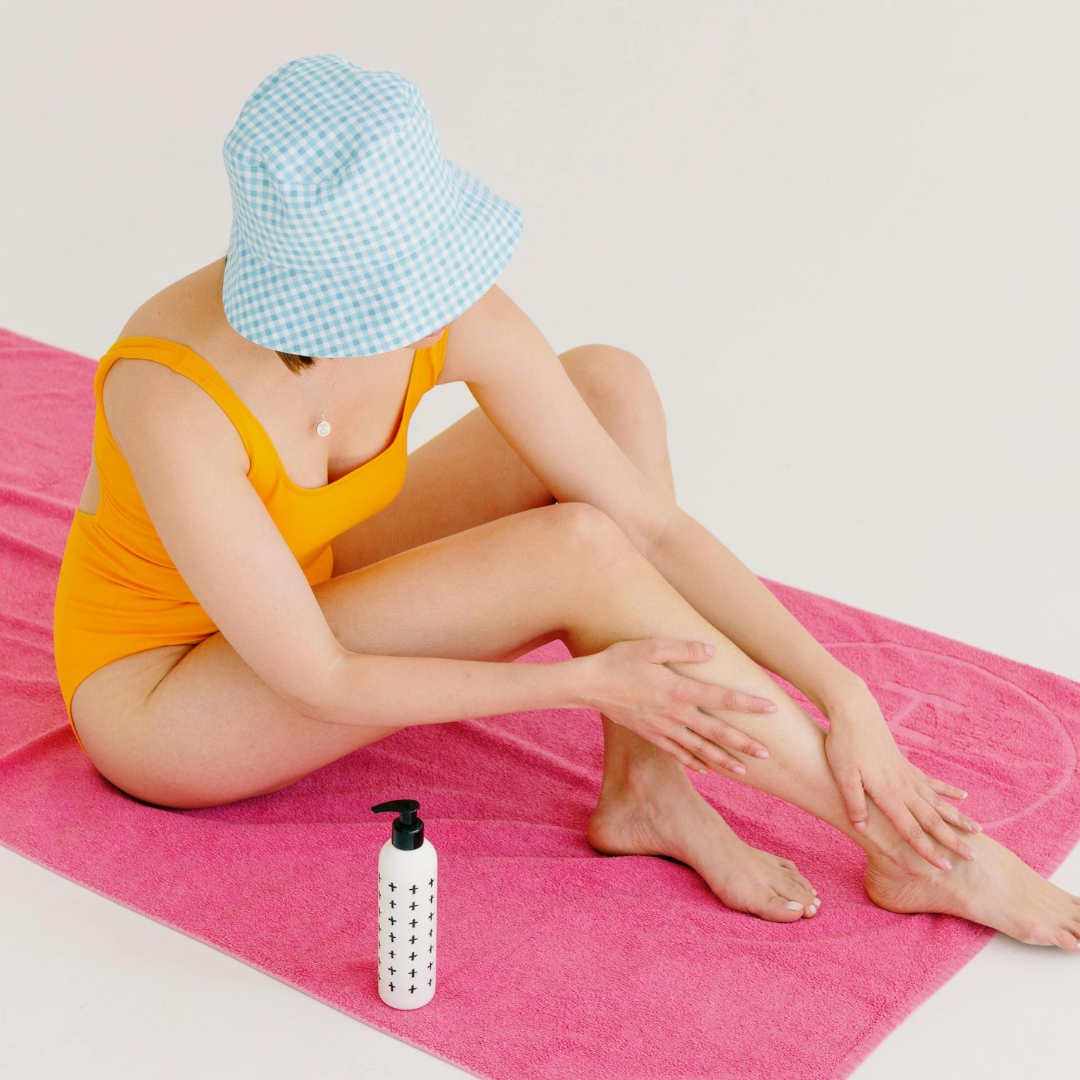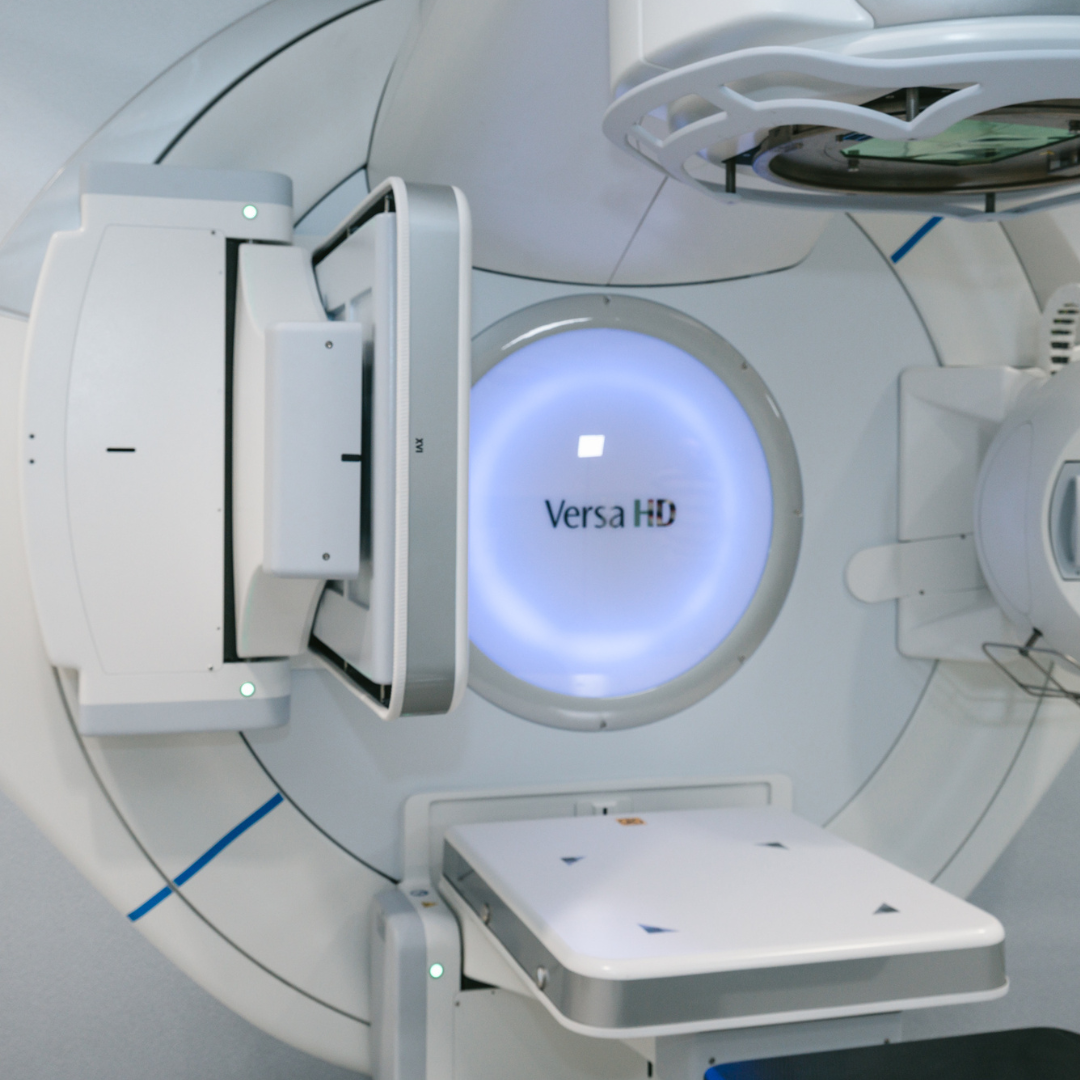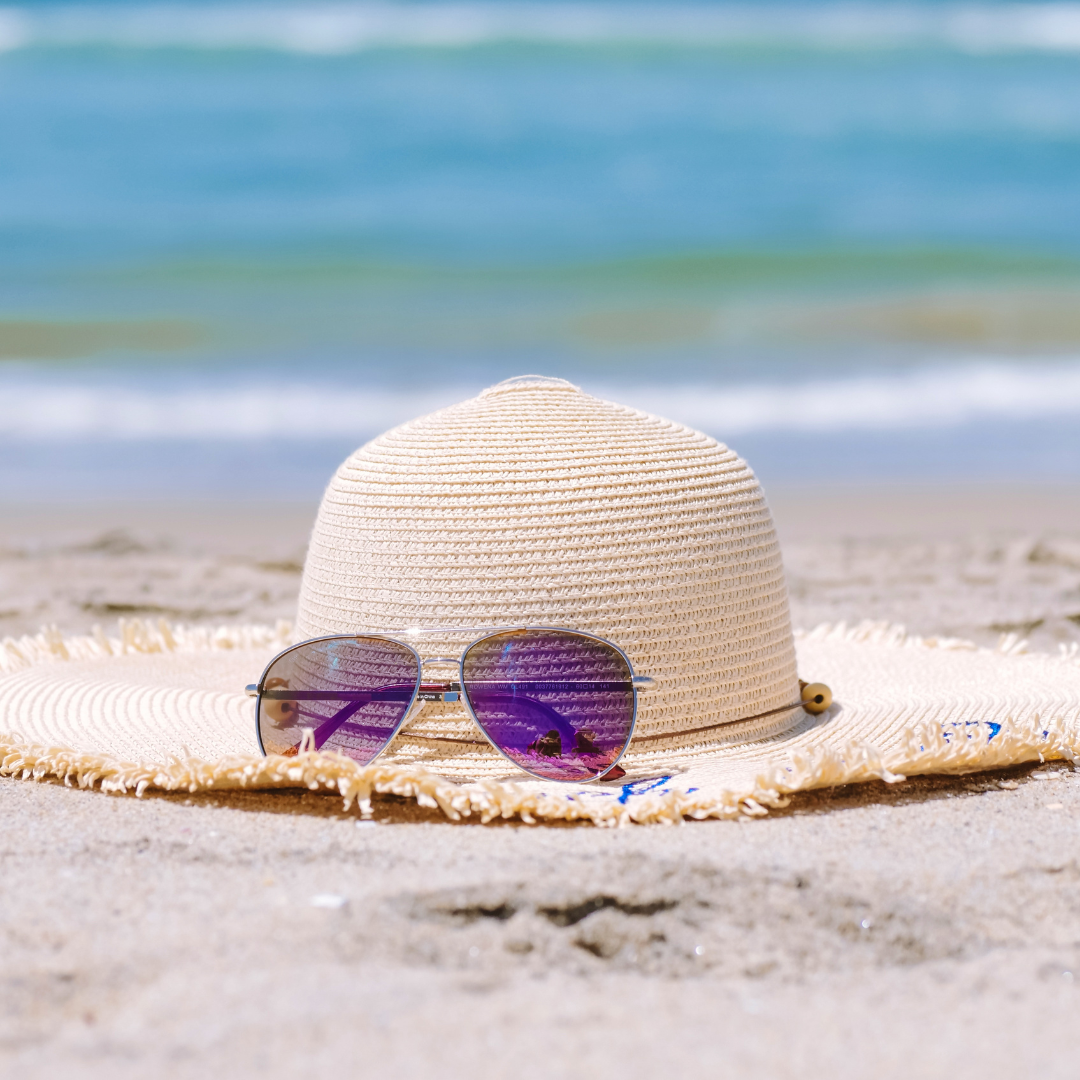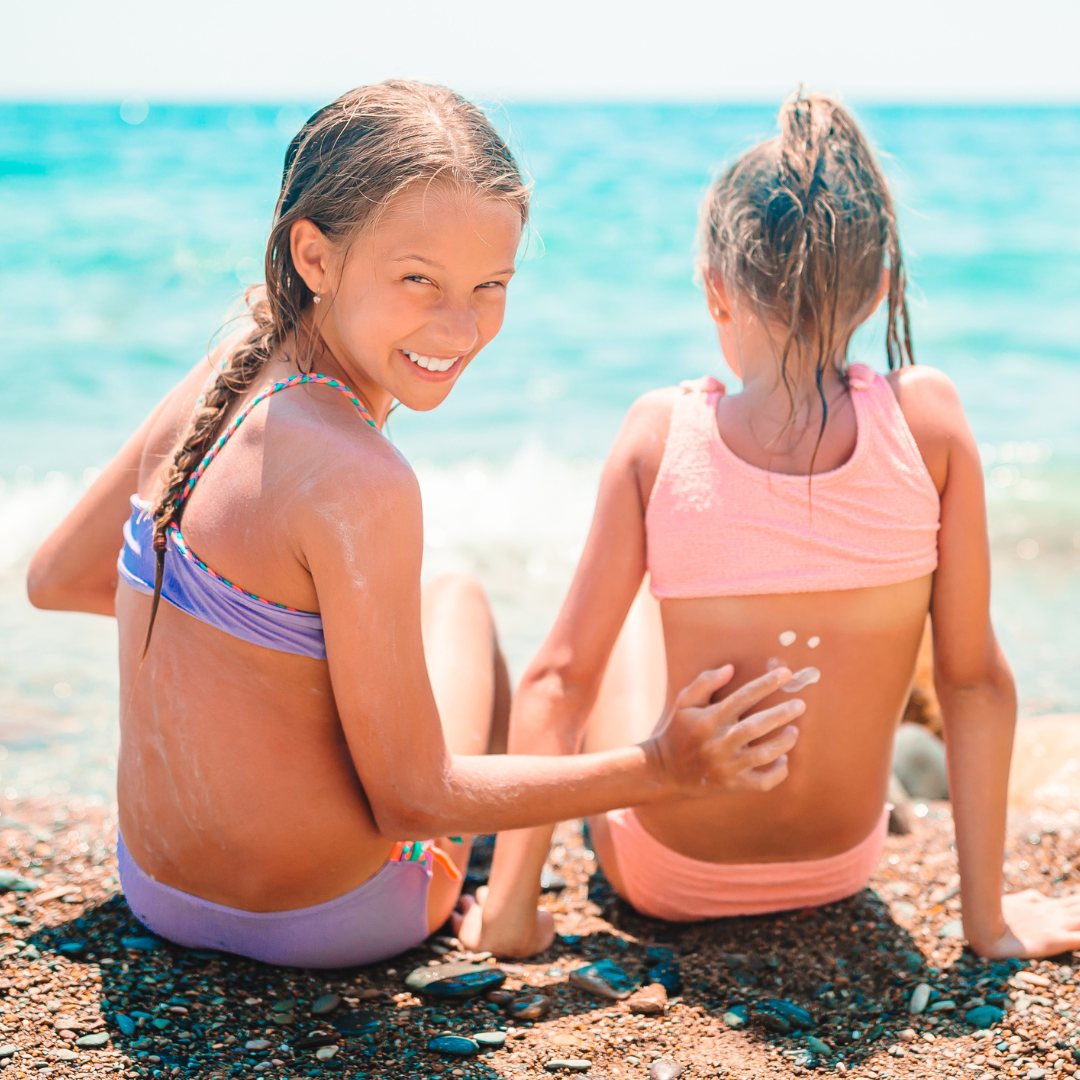


In warmer months you’re likely to plan elaborate outdoor activities, program busy family schedules and book long-awaited vacations. This can all mean more time in the sun and exposure to ultraviolet (UV) rays, not to mention other forms of radiation that can take an unseen toll on the body. How can you protect your family’s health from radiation exposure?
When you think of radiation, your mind may jump to anything from nuclear power to your microwave, comic book superheroes or even the film Oppenheimer. Radiation is simply a natural part of our enviornment like the weather and protection is important for managing your health and safety.
This post will offer a clear and simple guide to how radiation is at work in your life and how to protect your family in more ways than simply applying sunscreen. This post has you fully covered with helpful tips and the basics for why this type of protection is important.
It may be a while since you studied radiation in school but it’s simply the transmission of energy in the form of particles or waves. That can be radio waves, the sun’s rays or particles emitted from radioactive elements like plutonium or radium.
Anything that has energy has some form of radiation, even visible light. There are also electromagnetic fields that surround the human body that are a form of radiation. Not every form is dangerous but knowing how it all works can help you have a clearer picture of why it’s important to understand for your wellbeing.
There are many specific types of radiation but they fall into two main categories with regard to your health: ionizing and non-ionizing radiation. Ionizing radiation includes any radiation likely to damage living things. Ionizing refers to atoms without electrons, ions, that try to steal electrons from other sources like living cells. This can cause oxidative stress.
Oxidative stress is a natural part of the aging process because living things have free radicals. These are atoms that exist in the body with their own hungry ions that attack healthy cells. Radiation in the environment can increase this stress. That’s why prolonged sun exposure can increase aging and at intense levels cause burning.
Extreme forms of ionizing radiation can damage DNA and at some levels, like a nuclear exposure cause extreme physical damage. This is all based on how much energy those ions have to be able to steal electrons and attack the body.
Non-ionizing radiation is essentially any radiation that is not strong enough to remove an electron. Non-ionizing radiation tends to exist on one side of the visible color spectrum so radio waves, radar and infrared are on lower side of the color spectrum below red.
Ionizing radiation tends to exist on the higher side of the spectrum after violet and ultraviolet radiation and progresses to X-rays then gamma rays. These have more energy which is why there is greater concern for them damaging cells or DNA which can lead to cancer. Ultraviolet radiation is on the borderline of ionizing and non-ionizing.
This all happens on the atomic scale and outside our visible spectrum so while we can’t see it happening it is still a cause for concern, especially for children.


Given their developing bodies and faster cell growth, children can be more susceptible to radiation. Radiation exposure can impact their development and also cause untold damage that creeps up later. For example, intense sun exposure before a child is 18 can set the stage for developing skin cancer.
Even one blistering sunburn during your youth or adolescence can double the chances of developing melanoma later in life. The reason: ultraviolet rays can damage DNA and genes like the body’s natural sun protection gene the UV radiation resistance-associated gene (UVRAG for short).
Other forms of radiation that aren’t as dangerous for adults can affect children. Anything with an electrical charge has an EMF or electromagnetic field. It could be your cell phone, wireless router or your body. EMFs have been linked to impacting children’s nervous system.
Children are also much more susceptible to EMFs because their nervous systems are still in development, they will spend more time of their lives exposed to devices like phones, routers, gaming systems, and their brains are more susceptible to radio frequencies because of their head’s ionic makeup.
The World Health Organization still classifies EMFs as possibly carcinogenic to humans. Additionally, science still has not collected sufficient data on what it might be like for children to be exposed to this quantity of EMFs or longterm exposure risks. As technology keeps progressing we are only spending more time on devices which means even greater EMF exposure.
Additionally, as climate change shifts our planet’s atmosphere some of the planets natural UV protection can mean increased exposure to more extreme forms of radiation.
Let’s explore some simple tips for decreasing radiation exposure for your family so you can healthily enjoy your summer.
We all want to trim down our screen time. Whether it’s finding the right summer camp or planning fun activities separating children from their devices, not to mention adults form theirs, this time away can be great for the body. A break from being constantly bombarded by EMF radiation can help your body rebound and regroup.
Decrease the amount of excessive EMF exposure and screentime have the added bonuses to boosting your mental health, ability to focus, and eye health. Cutting screen time is great to help children enjoy being children and focus on the world around them while also being a boon to their cellular health.
We all know of the importance of sunscreen to protect from wrinkles and skin cancer and you may regularly wear a sunhat to protect your face and ears. However, when you spend time in the sun may be a major part of protecting yourself from the sun.
The sun’s UV rays are the strongest between 10 AM – 4 PM. The less time you spend outside during these hours can best protect you from UV rays when they’re at their strongest and cause the greatest damage to your cells. In addition understanding the UV index can also help.


Did you know you can check the level of ultraviolet radiation the same way you check the weather? The UV index measures the strength of ultraviolet radiation in a given area. Don’t worry you don’t have to be a scientist to understand the results.
To understand the readings the UV index is roughly:
For anything on the higher level of this scale you will want to ensure to have proper sun protection including sunscreen, head protection like a wide brimmed hat, and in the case of very high and extreme cases levels seek shade and wear more clothing cover to protect your skin from exposure.
You may want to avoid the sun entirely during very high and extreme periods and definitely seek shade if you must be out.
As the heat rises, you may be inclined to wear less for comfort but more clothing coverage may actually be better. You may want to have your kiddos wear long sleeve swimming outfits, hats, for protection in sun sensitive areas especially during higher UV index hours like between 12 – 1 PM.
This is not just for children. While it may seem silly to wear long sleeves for a beach day or a swim this can actually provide the greatest coverage from UV protection. Also, don’t forget the importance of wearing a hat. Speaking of accessories…
There are many different tools on the market to help protect your family from radiation. This includes UV and EMF protective clothing and products like beach tents to shield you from the sun and even necklaces to protect from EMFs.
When choosing colors it’s important to know that bright surfaces like white sand or bright colored beach blankets can potentially double UV exposure.
Leela Quantum Tech has EMF protective clothing which and help you mitigate your EMF exposure including hats to shield your face from the sun. Additionally, many of Leela Quantum Tech’s products like the H.E.A.L.® Capsule can boost your energy and vitality while neutralizing EMF exposure.
In addition to protecting yourself from the sun you’ll want to protect yourself from devices. We love to use Bluetooth speakers, snap selfies on our phones and maybe you want to work on your laptop outside. Creating a little distance from devices can help you better protect yourself from averse effects of their EMFs.
You’ll want to keep EMFs away from your children’s heads so be mindful when they use a phone to consider a headset and make sure they’re not laying too close to any audio devices, phones, or laptops while lounging by the beach.
Creating healthy habits with regards to UV and EMF avoidance can help protect your family’s health longterm. In the same way you’ll bring a sweater to avoid a chilly day leading to a cold you can pack sunscreen and protective clothing for sun radiation. In the same way we protect ourselves by cleaning our space of bacteria to avoid illnesses you can clear your home of heavy EMF exposure.
You can even make this type of protection fun by letting children wear colored sunscreen and silly protective hats. Instilling these habits early can help them incorporate them into your daily life.

Radiation is not a cause for major anxiety but it should be factored into your way of life. As a potential cause for cellular damage, increasing your cancer risk, and speeding up the aging process.
With climate change increasing our potential UV exposure and developing technologies increasing our EMF exposure this is just a natural part of the new normal. Factoring these tips into your summer plans can help ensure your family has a healthier summer.
Share